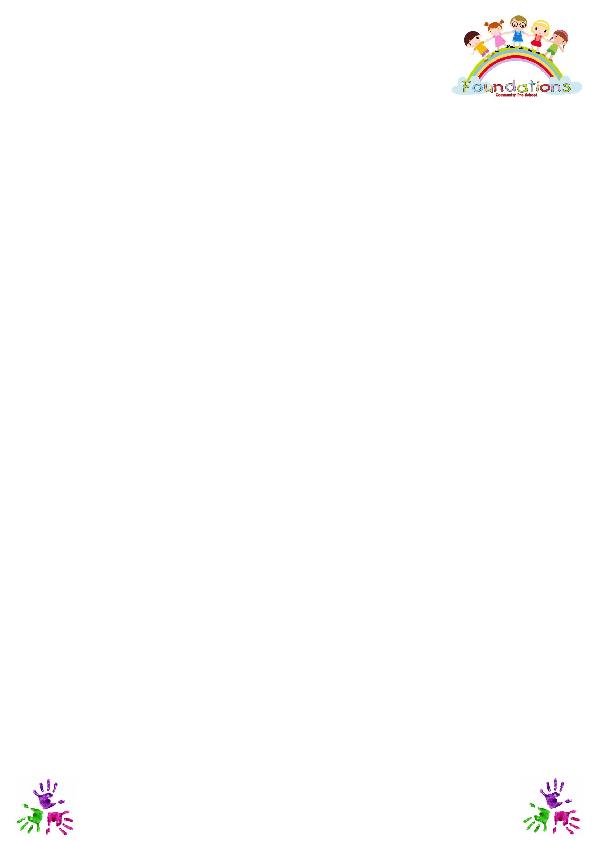
People and communities: children talk about past and present events in their own lives and in
the lives of family members. They know that other children don't always enjoy the same things,
and are sensitive to this. They know about similarities and differences between themselves and
others, and among families, communities and traditions.
The world: children know about similarities and differences in relation to places, objects,
materials and living things. They talk about the features of their own immediate environment
and how environments might vary from one another. They make observations of animals and
plants and explain why some things occur, and talk about changes.
Technology: children recognise that a range of technology is used in places such as homes and
schools. They select and use technology for particular purposes.
Expressive Arts and Design
Exploring and using media and materials: children sing songs, make music and dance, and
experiment with ways of changing them. They safely use and explore a variety of materials,
tools and techniques, experimenting with colour, design, texture, form and function.
Being imaginative: children use what they have learnt about media and materials in original
ways, thinking about uses and purposes. They represent their own ideas, thoughts and feelings
through design and technology, art, music, dance, role-play and stories.
shown to be the means by which young children think. Our setting uses the Development
Matters points leading to the early learning goals to plan and provide a range of play activities
which help children to make progress in each of the areas of learning and development. In
some of these activities children decide how they will use the activity and in others an adult
takes the lead in helping the children to take part in the activity. In all activities, information
from the Development Matters points and the Early learning goals are used to decide what
equipment to provide and how to provide it.
Assessment
We assess how children are learning and developing by observing them frequently. We use the
information gained from observations, as well as from photographs or videos of the children, to
document their progress and plan their next steps. We believe that parents and carers know
their child best and we ask you to contribute to the assessment process by sharing information
about what your child likes to do at home and how you support their development.
We make periodic assessment summaries of children's achievement based on our on going
development records. These form part of children's Learning Journeys. We undertake these
assessment summaries at regular intervals as well as times of transition, such as when a child
goes on to school.
Records of Achievement
The setting keeps a record of achievement for each child and these will be referred to as your
child's `Learning Journey'. Staff and parents/carers working together on their children's record
of achievement is one of the ways in which the key person and parents work in partnership.